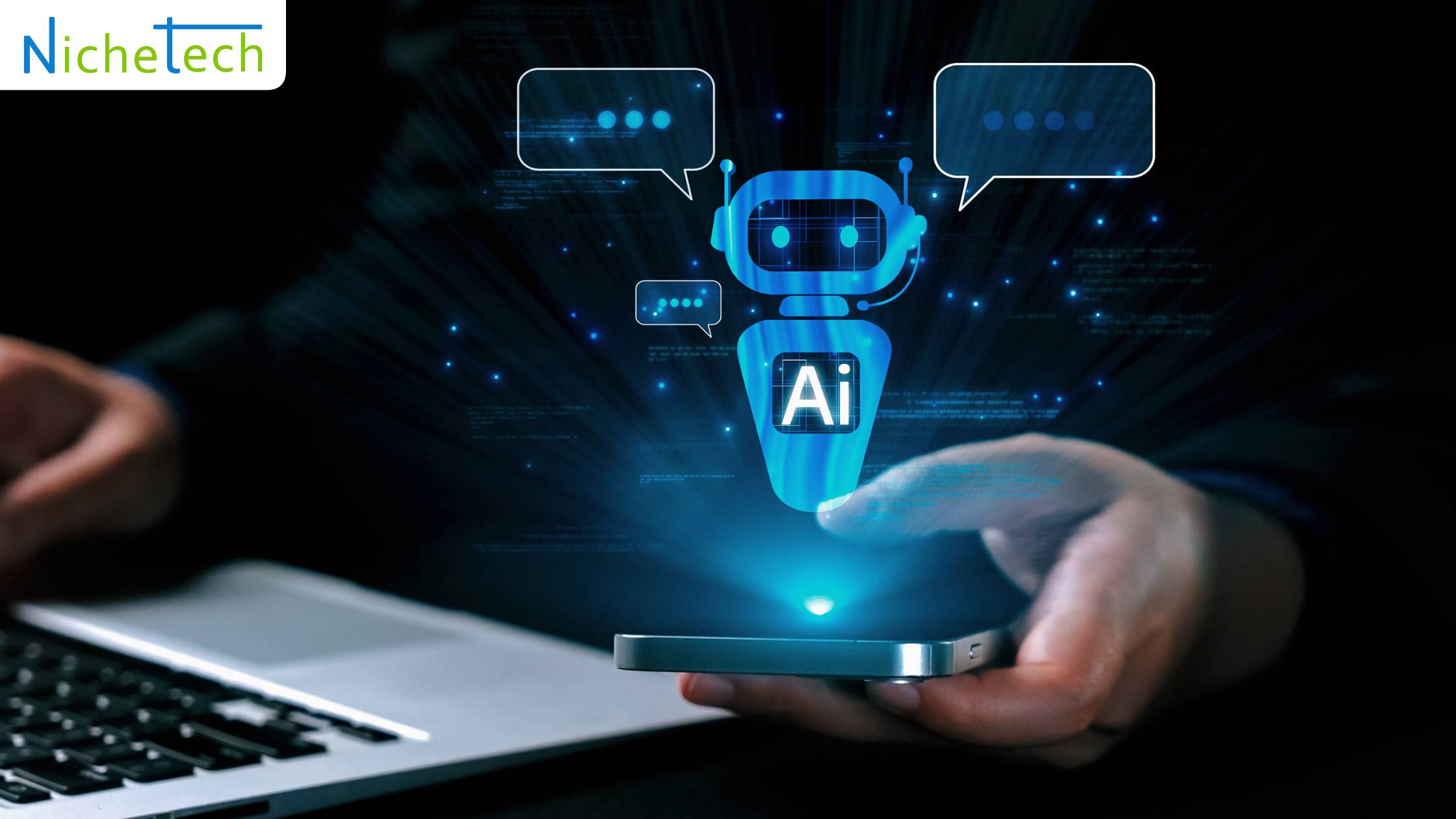Artificial Intelligence (AI) has become a driving force behind modern business transformation. From automating repetitive tasks to providing deep data insights, AI enables organizations to work smarter, faster, and more efficiently. However, not every process is an ideal candidate for AI implementation. To achieve maximum ROI, it’s essential to identify which business processes can benefit most from AI adoption.
Understanding the Role of AI in Business
AI is more than just automation—it is about augmenting human intelligence. When implemented effectively, AI improves decision-making, enhances productivity, and elevates customer experience. Businesses leveraging AI strategically can reduce costs, eliminate human errors, and unlock new growth opportunities.
One of the most effective ways to implement AI solutions is through custom app development, which allows organizations to integrate AI seamlessly into existing workflows and digital platforms.
1. Repetitive and Time-Consuming Tasks
Certain business processes benefit more from AI due to their repetitive nature. Tasks like manual data entry, document verification, invoice processing, and scheduling are ideal for AI-driven automation. By handling these routine workflows, AI reduces human error, saves time, and allows employees to focus on strategic, value-added activities.
2. Data-Intensive Operations
Processes that involve large volumes of data can gain significant efficiency through AI. Businesses that rely on data for decision-making, such as sales forecasting, inventory optimization, and financial analysis, can leverage AI to analyze trends, uncover hidden patterns, and predict future outcomes. This enables faster, more accurate, and data-driven decisions while reducing operational risks.
3. Customer Interaction and Experience
AI transforms customer engagement by making it more personalized and responsive. Chatbots and virtual assistants provide instant support and tailored recommendations, sentiment analysis helps understand customer emotions, and predictive insights identify customers likely to churn or make repeat purchases. Integrating AI in these processes enhances satisfaction, retention, and sales conversions.
4. Predictive Maintenance and Asset Management
For industries relying on equipment or machinery, AI-powered predictive maintenance is essential. By continuously monitoring sensor data, AI predicts potential equipment failures before they occur. This reduces costly downtime, optimizes maintenance schedules, and extends asset life, benefiting sectors such as manufacturing, logistics, and energy.
5. Human Resource and Talent Management
AI streamlines HR processes such as recruitment, employee engagement tracking, and workforce planning. AI can screen resumes efficiently, analyze employee feedback, and forecast staffing needs accurately. These tools save HR teams time while improving hiring, retention, and workforce planning decisions.
6. Marketing and Sales Optimization
AI enhances marketing and sales processes by analyzing customer behavior and identifying the most effective strategies. It helps in lead scoring, personalizing campaigns, and tracking performance in real time. Using AI in marketing and sales boosts ROI, improves targeting, and drives sustained business growth.
How to Choose Which Processes to Start With
When deciding which business processes to start with for AI implementation, it’s important to prioritize tasks that offer the highest potential impact. Processes that are performed frequently or at a large scale, are repetitive in nature, and involve structured, data-rich workflows are usually the best candidates.
AI also works well in areas that are prone to human error or require high accuracy, as automation can significantly reduce mistakes and improve efficiency. Additionally, businesses should focus on processes where success metrics such as time saved, cost reduction, or productivity improvements are clearly measurable.
By evaluating tasks against these criteria, organizations can identify the most suitable starting points, ensuring a smooth AI adoption journey and a faster, more tangible return on investment.
Conclusion
Identifying the right business processes for AI is the first step toward successful digital transformation. Organizations should start by automating repetitive, data-heavy, or customer-centric tasks, then gradually expand AI integration as measurable success is achieved.
AI, when implemented through strategic app development, becomes a powerful enabler of efficiency, innovation, and growth. Businesses that act now and align AI with their goals will gain a strong competitive advantage in the future.







